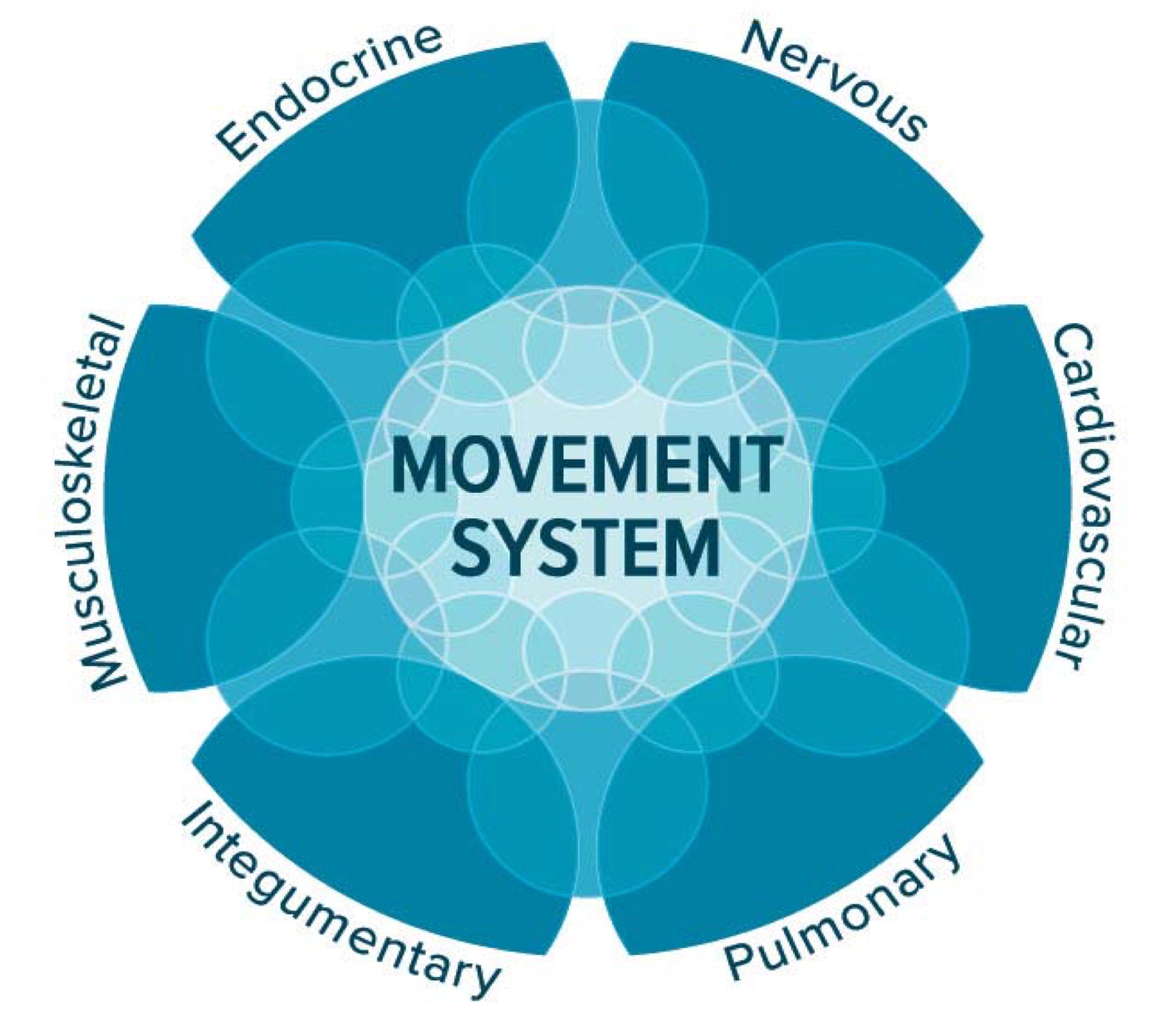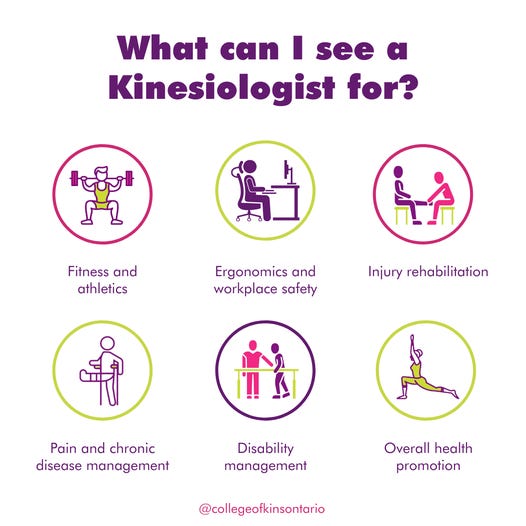
Exercise prescription, and who should recommend it, is a highly relevant and pertinent question. Although any individual can assist someone else when engaging in exercise and physical activity, there is not always a guarantee that such recommendations are derived from a qualified and experienced individual, or that exercise prescriptions are appropriate, effective, and safe. The following sections will explore what qualifies an individual, in the author’s opinion, by considering academic backgrounds, specialties, and professionalism as determinants of who can effectively and safely recommend exercise.

A pre-requisite to prescribing exercise is a detailed and fundamental understanding and analysis of the human movement system. Such a requirement is essential because of the complex interactions and adaptations (i.e., motor learning, biomechanics, physiology, biochemistry, anatomy) that occur from exercise interventions. It is thus imperative to have a well-rounded program including all of the aforementioned sub-disciplines, as a means of preparing the professional to competently prescribe exercise in a meaningful manner (Ives & Knudson, 2007). A firm comprehension and appreciation of the aforementioned attributes allows an individual to measure and track change when prescribing exercise. Additionally, such comprehension allows one to examine why an intervention may not be working, providing a means of aptly modifying exercise regimes. Such abilities may not be as consistently prevalent in a non-academically trained individual, or an individual whose academic background in unrelated to exercise science.

Specialization is another quality considered vital with exercise prescription. Kinesiologists and Exercise Physiologists, for example, work within the realm of injury prevention and performance enhancement through the application of exercise. The Ontario Kinesiology Association defines kinesiology as university trained health professionals who work with individuals, groups, and healthcare professionals to apply the principles of biomechanics, anatomy, physiology, and psychomotor behaviors to prevent injury, improve health, function, and performance (Ontario Kinesiology Association, 2015). Exercise Physiologists can be defined as university trained individuals who identify physiological mechanisms underlying physical activity and regular exercise. Exercise Physiologists also provide a comprehensive delivery of treatment services concerned with the analysis, improvement, and maintenance of physical fitness, the rehabilitation of heart disease, other diseases and/or disabilities, and performance enhancement (American Society of Exercise Physiologists, 2015). Thus, both professions are replete with a firm academic understanding of motor learning, biomechanics, anatomy, physiology, and their relationships to exercise, injury prevention, and performance enhancement. Such courses create a balanced program, and well-rounded individuals to provide exercise prescription (Ives & Knudson, 2007).

Professionalism is a third factor in determining who qualifies to prescribe exercise. Professionalism can be defined as the conduct, goals, or qualities that characterize a profession or a professional (Professionalism, 2014). Appropriate academic training helps prepare an individual with the skill sets and language to work with clients, and other allied health professionals. Medical doctors require a medical degree, and an engineer requires an engineering degree. Unfortunately, some individuals prescribing exercise have little to no formal academic training prior to engaging a client. Certifications in the exercise profession such as the Personal Training Specialist through the Canadian Fitness Professionals (Canfitpro) requires no degree in exercise science (Canfitpro, 2014). Conversely, the American College of Sports Medicine (ACSM) has a certification known as the Registered Clinical Exercise Physiologist that requires a master’s degree in exercise science/exercise physiology/kinesiology, accompanied by 600 clinical hours (ACSM, 2013). Thus, there exists a large dichotomy of minimal requirements between certifying bodies. This also creates inconsistencies and uncertainty in the perceptions of consumers, and other allied health professionals viewing the field. Such stratification must be considered when determining who should provide exercise prescription.
Rigorous training and academic prowess, specific to exercise and its effects on the human movement system, could be proposed as imperative to providing competent exercise prescription in a specific, safe, and efficacious manner. If the aforementioned qualities (academic background, specialization, and professionalism) are considered central, an argument could be made to seek those individuals who possess these attributes in abundance, such as Kinesiologists and Exercise Physiologists.
References
American College of Sports Medicine (2013). ACSM registered clinical exercise physiologist. Retrieved from http://certification.acsm.org/acsm-registered-clinical-exercise-physiologist
American Society of Exercise Physiologists (2015). What is Exercise Physiology? Retrieved from http://www.asep.org
Canadian Fitness Professionals (2014). Personal training specialist certification. Retrieved from http://canfitpro.com/en/personal-training-specialist
Ives, J.C., & Knudson, D. (2007). Professional practice in exercise science; The need for greater disciplinary balance. Sports Medicine, 37(2), 103-115.
Ontario Kinesiology Association (2015). What is kinesiology? Retrieved from http://www.oka.on.ca
Professionalism (2014). Merrium-Webster. Retrieved from http://www.merriam-webster.com/dictionary/professionalism
-Michael McIsaac
